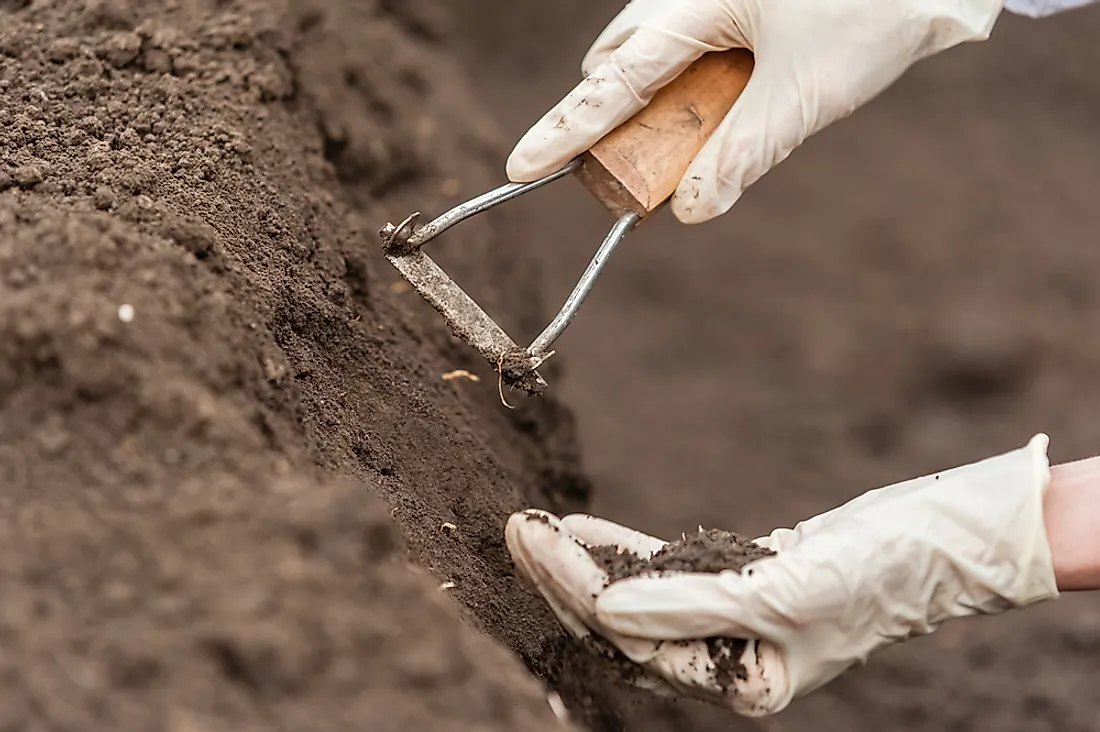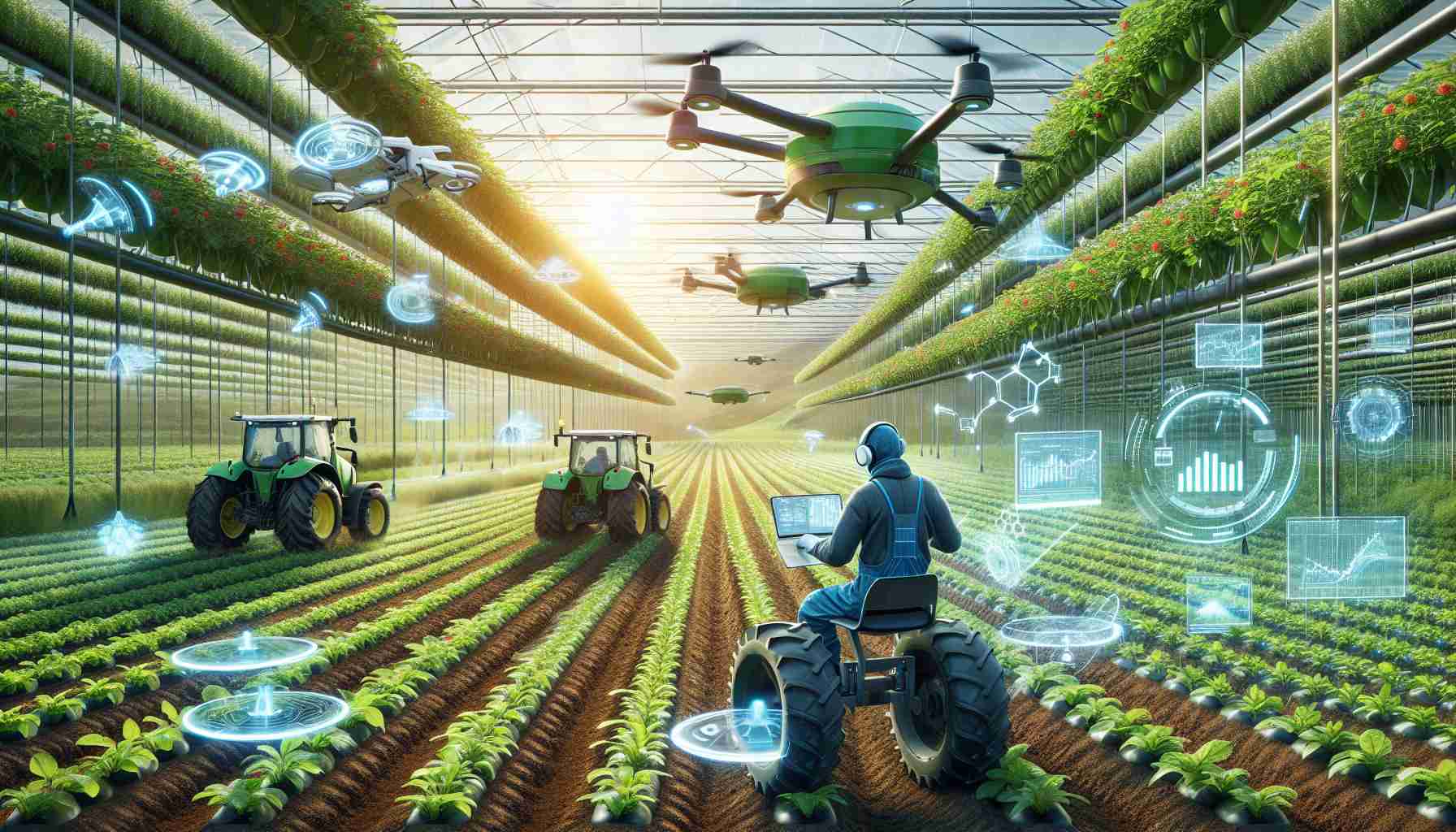Pedology, the scientific study of soil and its dynamic interactions with the environment, holds a pivotal role in shaping our agricultural practices and environmental sustainability. In this exploration, we delve into the intricate world beneath our feet, uncovering the profound impact of pedology on agriculture and the broader ecosystem.
Contents
The Soil Spectrum: Unraveling Soil Composition
Soil Types and Compositions
One of the fundamental aspects of pedology is comprehending the diverse spectrum of soil types. From loamy soils enriched with organic matter to sandy soils characterized by rapid drainage, each type influences crop growth differently. Understanding the composition is crucial for optimizing agricultural yield.

Nutrient Cycles and Soil Fertility
Pedologists decipher the intricate dance of nutrients within the soil. Micronutrients like nitrogen, phosphorus, and potassium play a crucial role in fostering robust plant growth. A thorough understanding of these nutrient cycles empowers farmers to implement targeted fertilization strategies, enhancing soil fertility.
Agricultural Advancements: Pedology in Action
Precision Agriculture
In the era of technological marvels, pedology integrates seamlessly with precision agriculture. Soil sensors, satellite imagery, and data analytics converge to provide farmers with real-time insights. This synergy ensures optimized resource utilization, minimizing environmental impact while maximizing crop yield.
Sustainable Farming Practices
Pedological insights pave the way for sustainable farming practices. Crop rotation, cover cropping, and contour plowing are among the strategies employed to mitigate soil erosion and maintain soil health. Embracing these practices not only benefits the environment but also bolsters long-term agricultural productivity.
Environmental Implications: Pedology’s Far-reaching Effects
Soil Erosion and Conservation
Uncontrolled soil erosion poses a significant threat to both agriculture and the environment. Pedologists play a crucial role in developing erosion control measures, such as terracing and planting cover crops, safeguarding fertile topsoil from being lost to the forces of nature.
Climate Change Resilience
As the specter of climate change looms large, pedology becomes a linchpin for climate-resilient agriculture. By understanding soil-water dynamics and implementing water conservation practices, farmers can better navigate the challenges posed by erratic weather patterns.
The Future of Agriculture: Nurturing Growth Through Pedology

Research and Innovation
The field of pedology is dynamic, with ongoing research fueling innovative solutions. From biochar applications to microbial soil amendments, continuous advancements promise to revolutionize agricultural practices, ensuring food security while minimizing environmental impact.
Education and Advocacy
Empowering farmers with pedological knowledge is pivotal for sustainable agriculture. Educational initiatives and advocacy efforts can bridge the gap between scientific discoveries and on-field implementation, fostering a community of environmentally conscious and informed agricultural practitioners.
Conclusion
In the intricate tapestry of agriculture and the environment, pedology emerges as a guiding light. Beyond mere dirt and sediment, the soil becomes a dynamic entity shaping the future of our sustenance and the planet’s health. As we navigate the challenges of the 21st century, embracing the insights gleaned from pedology ensures a resilient and sustainable path forward.



